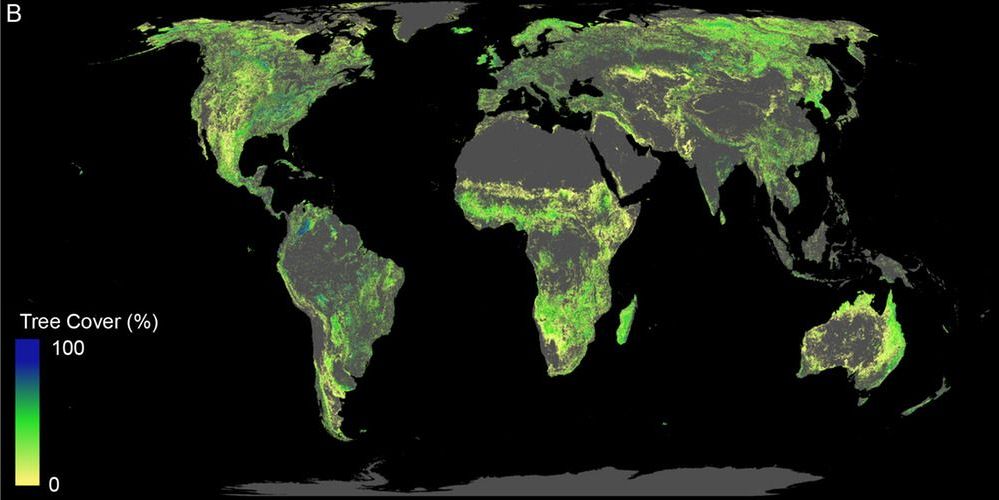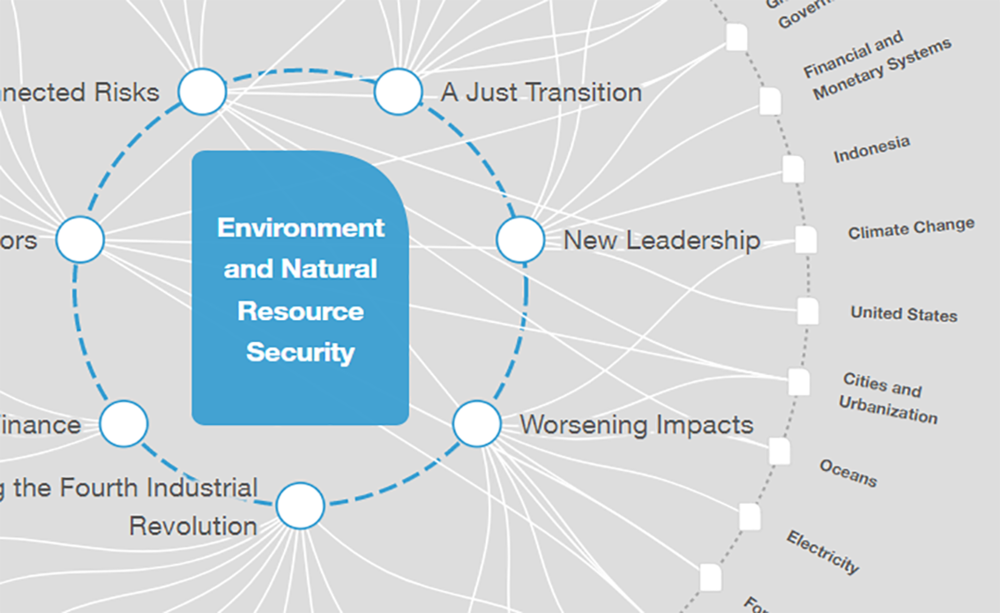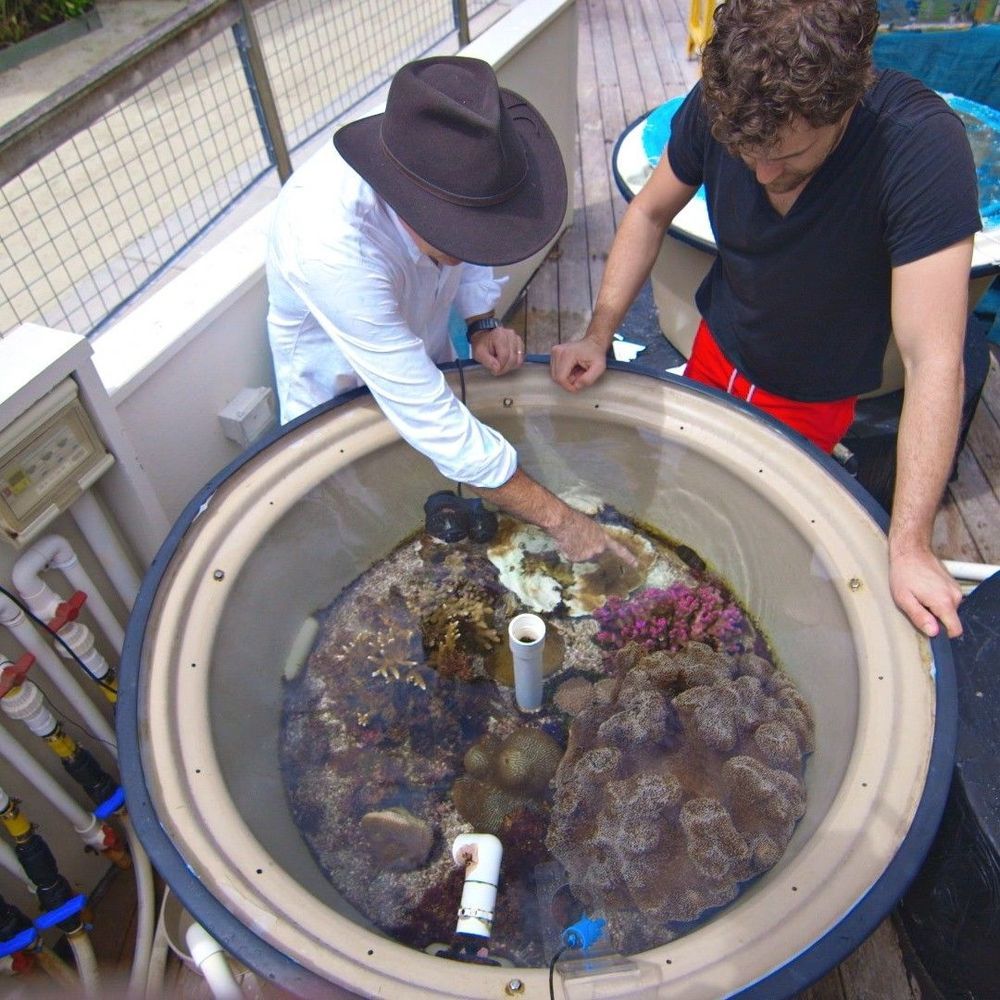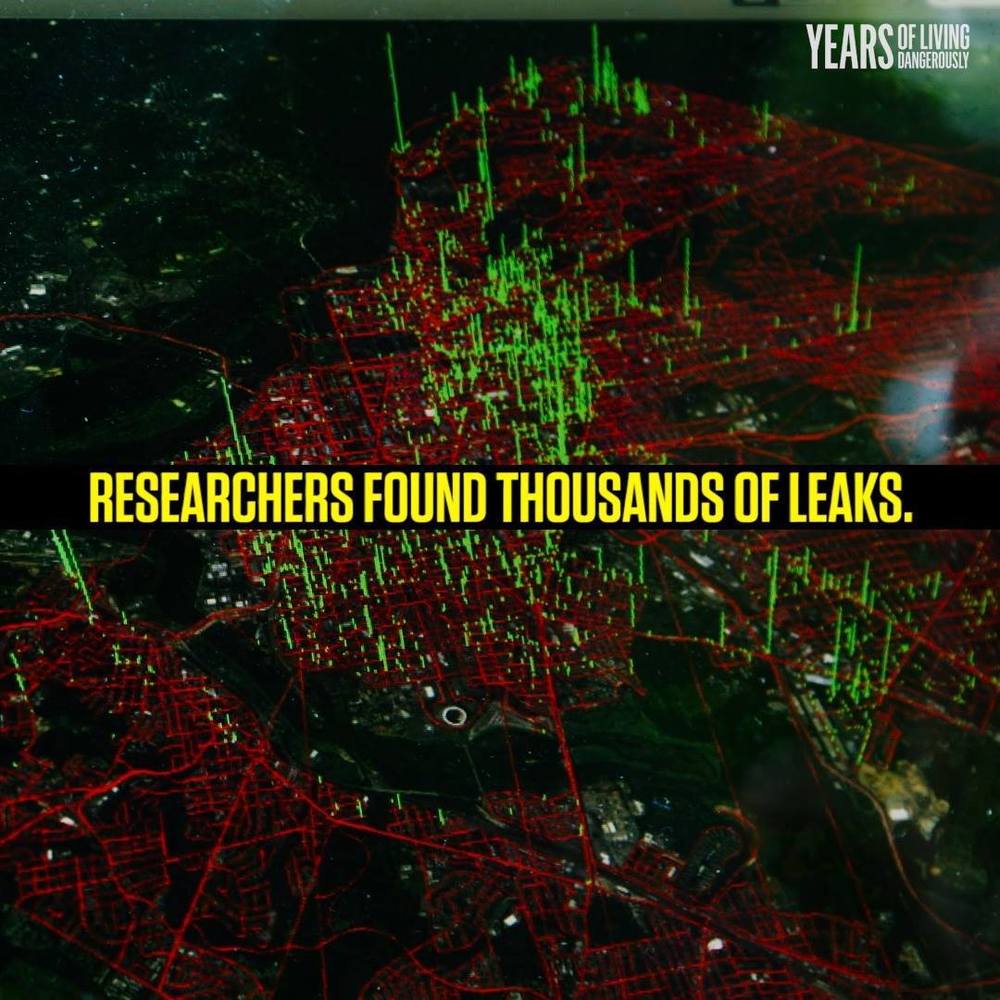
The El Niño-Southern Oscillation has been responsible for widespread, simultaneous crop failures in recent history, according to a new study from researchers at Columbia University’s International Research Institute for Climate and Society, the International Food Policy Research Institute (IFPRI) and other partners. This finding runs counter to a central pillar of the global agriculture system, which assumes that crop failures in geographically distant breadbasket regions such as the United States, China and Argentina are unrelated. The results also underscore the potential opportunity to manage such climate risks, which can be predicted using seasonal climate forecasts.
The study, published in Science Advances, is the first to provide estimates of the degree to which different modes of climate variability such as ENSO cause volatility in global and regional production of corn, wheat and soy. Such variability caused nearly 18 percent volatility in global corn production from 1980 to 2010, for example.
“Global agriculture counts on the strong likelihood that poor production in one part of the world will be made up for by good production elsewhere,” said Weston Anderson, a postdoctoral research scientist at the International Research Institute for Climate and Society and lead author on the study.


















